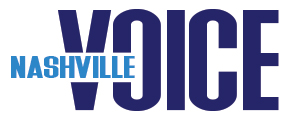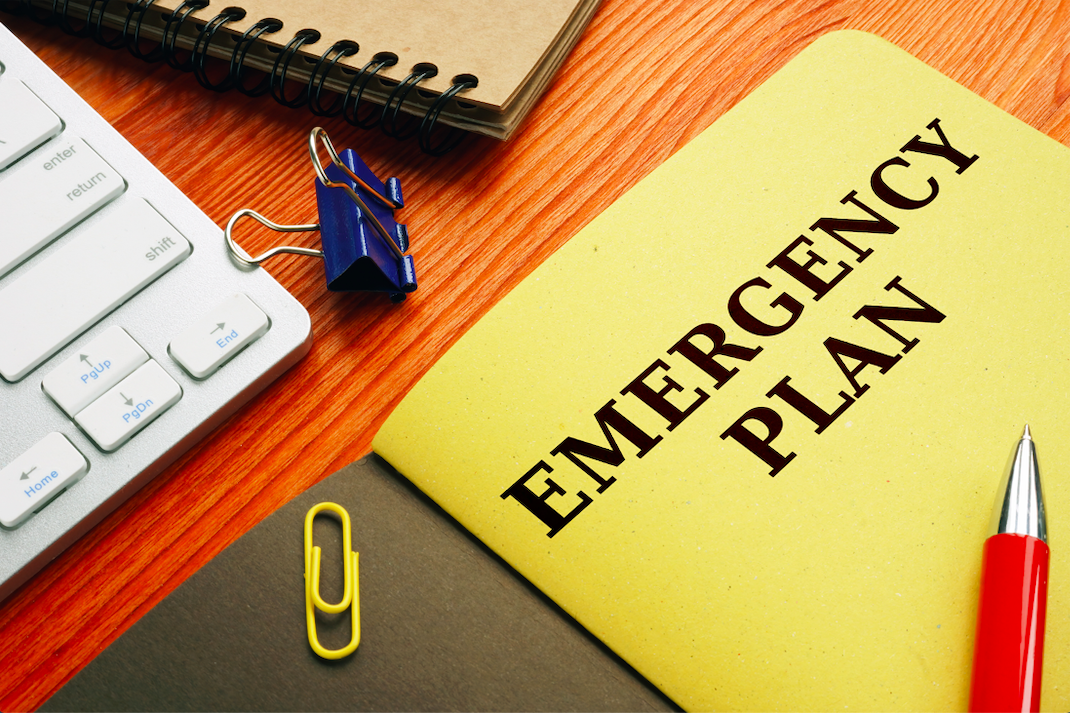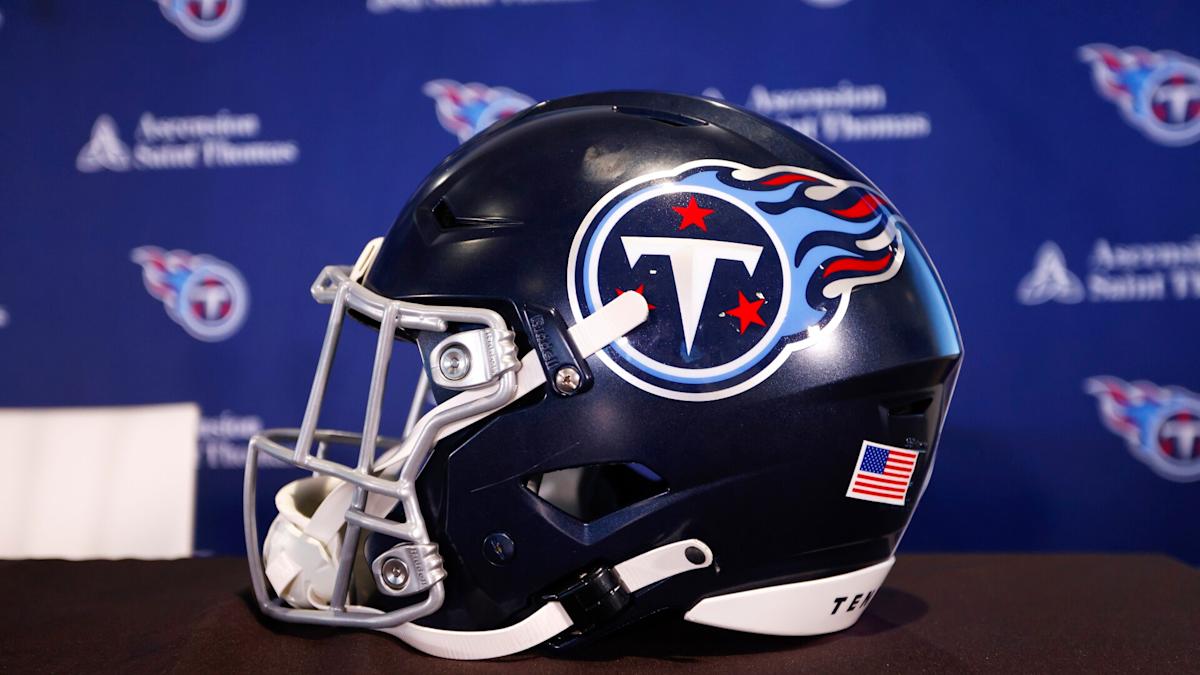While the COVID-19 crisis continues to be top of mind for many Americans, it’s important to remember that other disasters can still occur with little or no warning, making it vital to prepare.
This September, which is National Preparedness Month, get started by checking out Ready.gov and the American Red Cross, two great resources for creating a plan to protect you and your family’s immediate safety. As for your financial preparedness, consider these tips from Wells Fargo:
• A natural disaster could potentially destroy paper copies of documents needed for tax and insurance purposes. While you should protect these documents in a fireproof, waterproof box that locks, you should also possess electronic copies. Save birth and marriage certificates, wills, deeds, tax returns, insurance policies and stock and bond certificates on a thumb drive or in a secure location in the cloud.
• Keep an up-to-date inventory of your possessions. One easy way to do so is to use your smartphone to take photographs or videos of everything valuable and store this in the cloud. Your documentation should include cars, vehicles and electronics, as well as any interior and exterior home improvements you’ve made which could increase your property value and help with insurance claims.
• Review what your insurance policy covers and determine if additional insurance or coverage is needed. Be sure to take into account how life has changed in the COVID-19 era. For example, emergency shelters may not be an option for your family given social distancing guidelines, so you may want to consider adding coverage for temporary housing to your policy.
• If you haven’t already done so, consider setting up online banking, mobile banking, automatic bill pay and electronic account alerts. Should you be displaced from your home, these measures will make it easier to stay on top of your accounts and bills. Take this opportunity to ensure your online profiles are up-to-date in case your bank or lender need to contact you post-disaster.
• Note that a disaster can shut down local ATMs and banks for days or even weeks. Include easily accessible cash in your emergency supply kit.
• Know in advance if and what resources your financial institutions provide. For example Wells Fargo customers, including those with home mortgages, home equity, small business, and auto loans, can contact 800-TO-WELLS or visit wellsfargo.com/recovery to learn more.
“If COVID-19 has taught us anything it’s that disasters come in all shapes and sizes,” says Rullah Price, senior vice president, head of Wells Fargo Enterprise Incident Communications. “However, developing a plan this National Preparedness Month could save you countless hours of work and make the financial recovery process a lot less stressful.”









